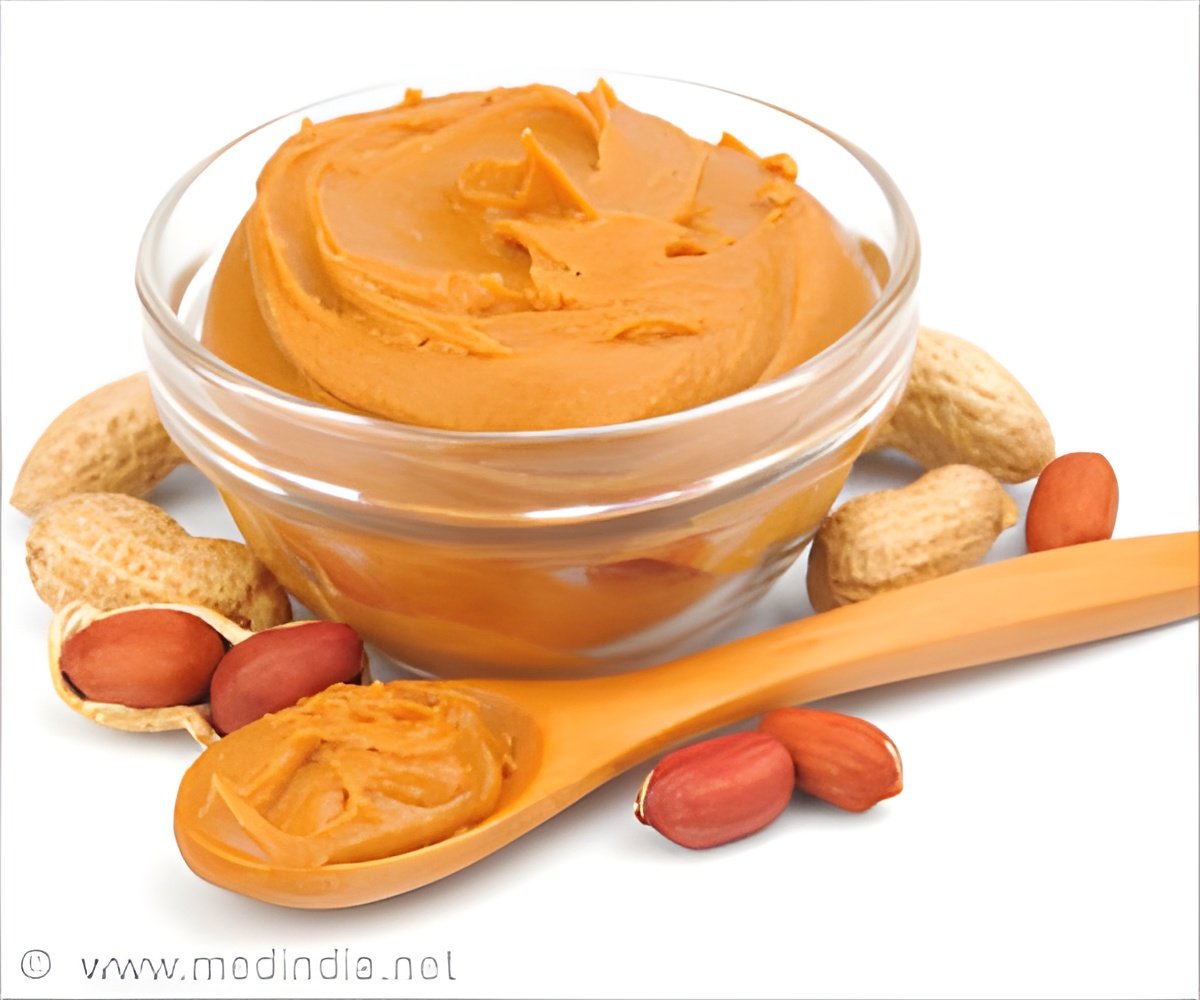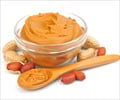Peanut allergies have increased by 21 percent in children. Parents can prevent the allergy by introducing peanut products early in life.

Parents often worry about peanut allergies because the reaction to peanuts can be very severe.
"Peanut allergies, along with other food allergies, are very challenging for children and families," says Ruchi Gupta, MD, MPH, ACAAI member and lead author of the study.
"While 21 percent represents a large increase in the number of kids with a likely peanut allergy, the good news is that parents now have a way to potentially prevent peanut allergy by introducing peanut products to infants early after assessing risk with their pediatrician and allergist."
New guidelines introduced in January walk parents through the process of introducing peanut-containing foods to infants that are at high, medium and low-risk for developing peanut allergies.
The guidelines are based on groundbreaking research showing that high risk infants (infants with severe eczema and/or a history of egg allergy) who are introduced to peanut-containing food early are significantly more likely to prevent developing a peanut allergy.
Advertisement
Allergy to tree nuts, for example, increased 18 percent from 2010 when data were last collected, and allergy to shellfish increased 7 percent. Also evident was an increase in occurrence in black children compared to white children.
Advertisement
"Black children were also significantly more likely to have a tree nut allergy relative to white children. These findings are consistent with previous work by our group suggesting that black children in the U.S. may be at elevated food allergy risk. It's important that anyone with a food allergy work with their allergist to understand their allergy and how best to avoid the foods that cause their allergic reaction."
Diagnosing food allergy is not always simple, but the need to make a proper diagnosis is very important.
Allergists are specially trained to administer allergy testing and conduct food challenges to determine true food allergy. They can then tailor a plan specific to your allergies.
To find an allergist near you, use the ACAAI allergist locator. ACAAI has more information on how to introduce peanut-containing products to infants in this video.
Source-Eurekalert














